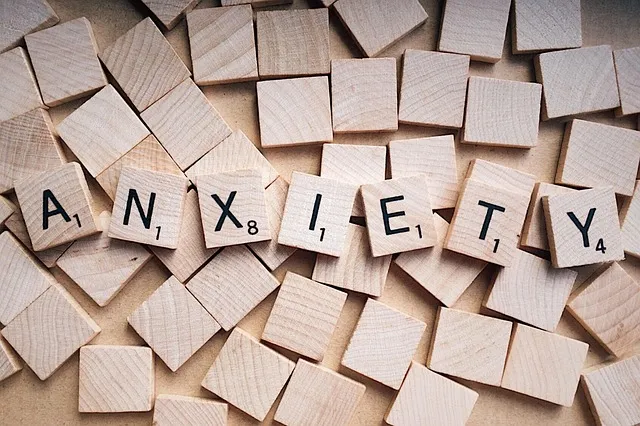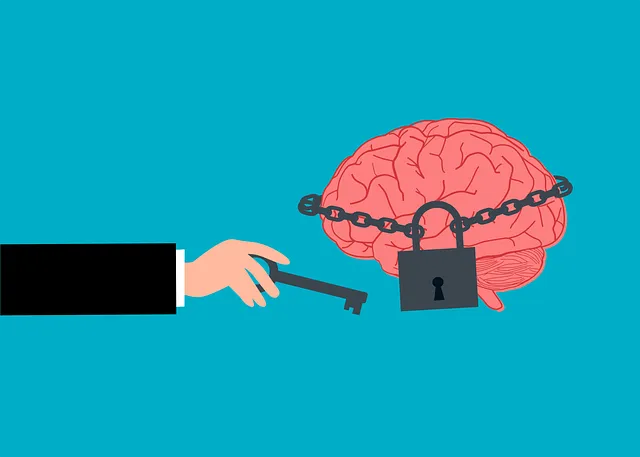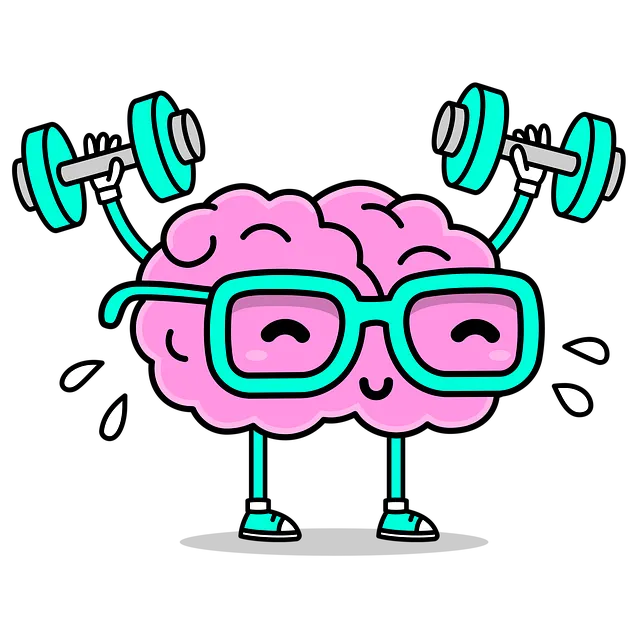Mental wellness apps are gaining popularity, mirroring a growing demand for digital solutions in mental health. This text analyzes the market by examining established providers like Centennial and Kaiser, known for their comprehensive mental health services that prioritize stress management using evidence-based techniques. App developers can learn from these leaders by identifying trends such as risk management planning for professionals, ensuring new apps meet effective practices and cater to users' needs. Targeting diverse demographics with tailored messaging is crucial for marketing strategies, and developing unique features like personalized self-care and gamification sets apps apart in a competitive market. A multi-faceted marketing approach including social media, content marketing, influencer collaborations, and email campaigns is essential for cutting through the noise online, especially when targeting users searching for specific services like "Centennial does Kaiser have mental health services?"
“In today’s digital landscape, mental wellness apps are becoming essential tools for managing stress and improving overall well-being. This article guides you through developing a robust marketing strategy for your app. We’ll first ‘Understanding the Market’ by examining the mental health services offered by Centennial and Kaiser, providing insights into the competitive landscape. Then, we’ll identify target audiences and craft a unique value proposition to set your app apart. Finally, explore effective marketing channels and strategies to reach and engage potential users, ensuring your app gains traction in the market with an eye on ‘Centennial does Kaiser have mental health services’ as a key consideration.”
- Understanding the Market: Exploring Centennial and Kaiser's Mental Health Services
- Identifying Target Audiences for a Mental Wellness App
- Crafting a Unique Value Proposition: Differentiating Your App
- Marketing Channels and Strategies to Reach Your Audience Effectively
Understanding the Market: Exploring Centennial and Kaiser's Mental Health Services

Mental wellness apps are gaining popularity as people increasingly seek digital solutions for their mental health needs. Understanding the market involves exploring established providers like Centennial and Kaiser, which offer comprehensive mental health services. Both organizations have recognized the importance of addressing stress management and have integrated various stress reduction methods into their care plans.
By examining their offerings, developers can gauge current trends in mental wellness apps, including risk management planning for mental health professionals. This insights-driven approach ensures that new apps are aligned with evidence-based practices and meet the evolving demands of users seeking effective stress reduction tools.
Identifying Target Audiences for a Mental Wellness App

Identifying your target audience is a crucial step in developing an effective marketing strategy for a mental wellness app. Understanding who your app caters to allows for tailored messaging and outreach, ensuring that your services resonate with those most in need. The target audience for a mental wellness app can be quite diverse, encompassing individuals from various age groups, demographics, and backgrounds. For instance, young adults facing the challenges of modern life, such as stress, anxiety, or depression, could greatly benefit from personalized mindfulness techniques and therapy tools. Similarly, professionals seeking to manage work-related stress and burnout through mental health services like those offered by Kaiser (e.g., Centennial does Kaiser have mental health services?) would be a significant niche market.
When marketing your app, consider the unique struggles faced by different groups. For example, integrating features that cater to at-risk populations or implementing strategies for risk management planning and risk assessment for mental health professionals can set your app apart. By addressing specific concerns like depression prevention and promoting holistic well-being, you can attract users actively seeking solutions. This targeted approach not only helps in connecting with potential users but also positions your app as a comprehensive resource for mental wellness.
Crafting a Unique Value Proposition: Differentiating Your App

In today’s digital age, there’s a plethora of mental wellness apps available, making it imperative for developers to craft a unique value proposition that sets their app apart from the competition. This involves clearly defining how your app addresses specific mental health concerns and offers solutions not readily available elsewhere. For instance, while both Centennial and Kaiser offer mental health services, an app focused on providing personalized self-care practices tailored to individual needs could be a game-changer. By integrating features like confidence-boosting exercises, burnout prevention techniques, and accessible mindfulness tools, your app can carve out its niche in the market.
A distinctive approach could involve leveraging technology to create engaging, interactive experiences that foster mental well-being. Incorporating gamification elements, virtual reality sessions, or personalized progress tracking may attract users seeking innovative self-care practices. This strategy not only differentiates your app but also ensures it resonates with a wide audience, from those exploring traditional therapy to individuals looking for supplementary tools to enhance their daily routines.
Marketing Channels and Strategies to Reach Your Audience Effectively

In today’s digital age, marketing a mental wellness app requires a multi-faceted approach to reach and engage your target audience effectively. Utilizing various channels and strategies can help promote emotional well-being techniques and healing processes, ensuring that users discover your app amidst the crowded market. Start by understanding where your audience—for instance, folks searching for “Centennial does Kaiser have mental health services”—reside online. Social media platforms like Instagram, Facebook, and Twitter are powerful tools to share inspiring content related to emotional healing and confidence boosting. Influencer partnerships can also drive awareness, as these individuals have dedicated followings seeking genuine mental wellness solutions.
Content marketing is another strategic move. Create valuable blog posts, articles, or videos that offer practical advice on managing stress, improving mood, and cultivating resilience. Incorporate SEO keywords naturally into your content to enhance discoverability. Consider email marketing campaigns to nurture leads and keep users engaged with personalized tips and app updates. Additionally, collaborating with mental health influencers or organizations can expand reach and lend credibility to your app’s mission.
Developing a comprehensive marketing strategy for a mental wellness app involves understanding the competitive landscape, defining precise target audiences, and crafting a unique value proposition. Researching established providers like Centennial and Kaiser’s mental health services can offer valuable insights into market gaps and unmet needs. By identifying specific demographics and tailoring marketing channels accordingly, you can effectively reach and engage potential users. Remember, a strong app marketing strategy not only promotes awareness but also fosters trust and highlights the unique benefits your application offers in the realm of mental wellness.






